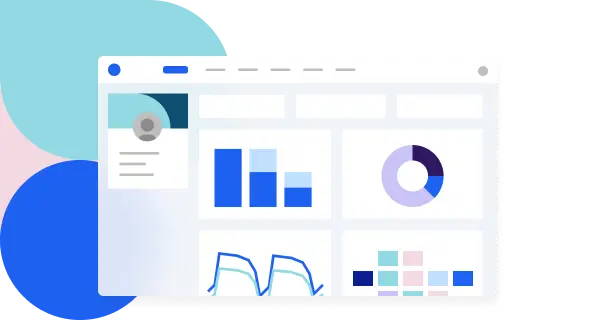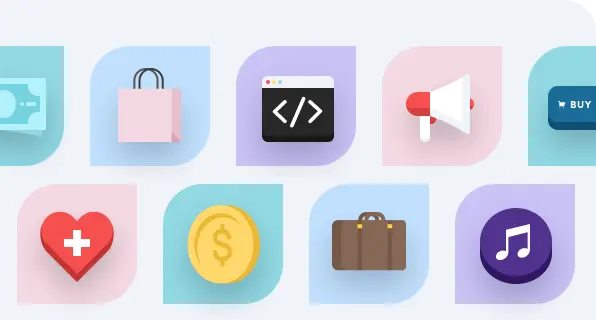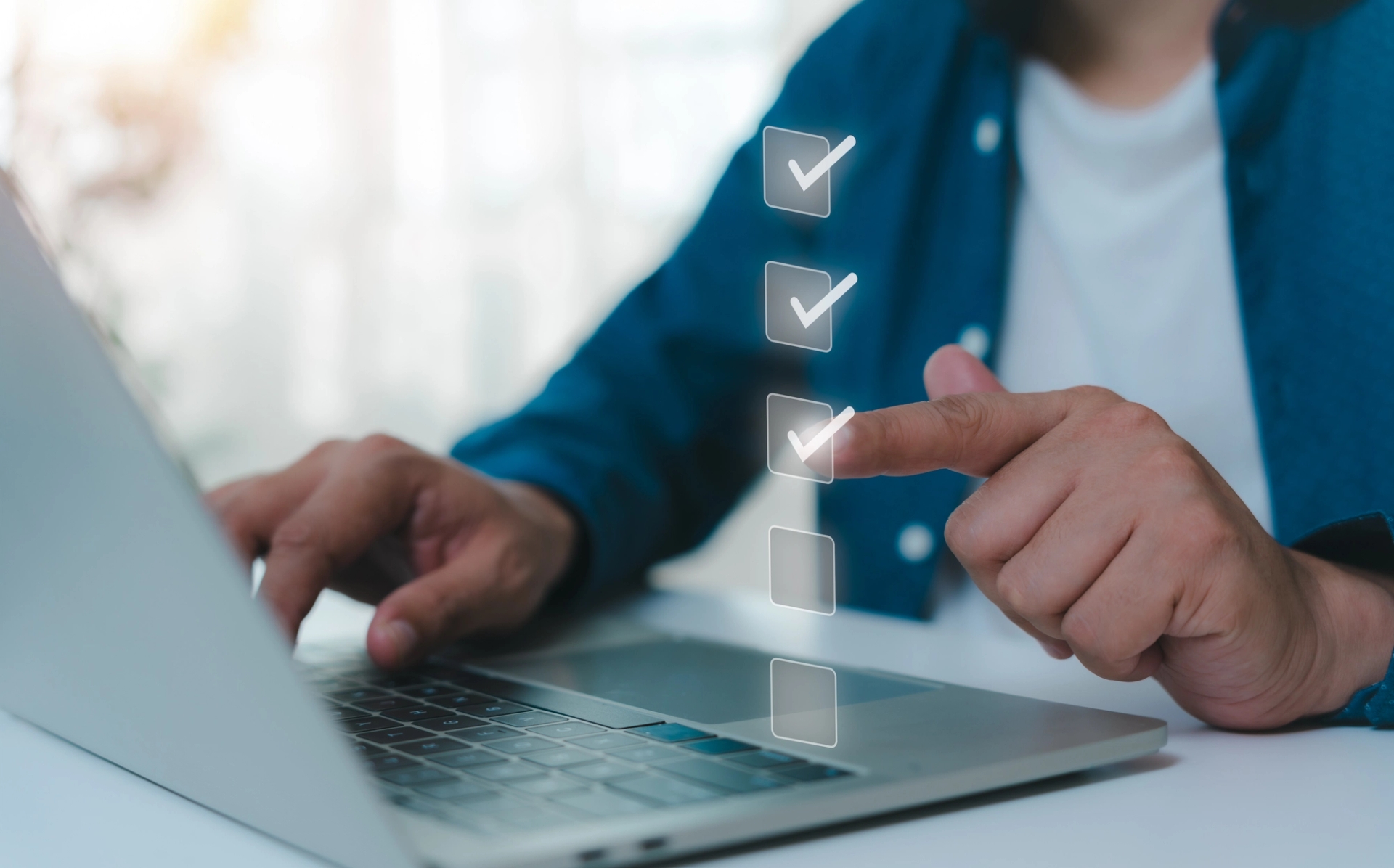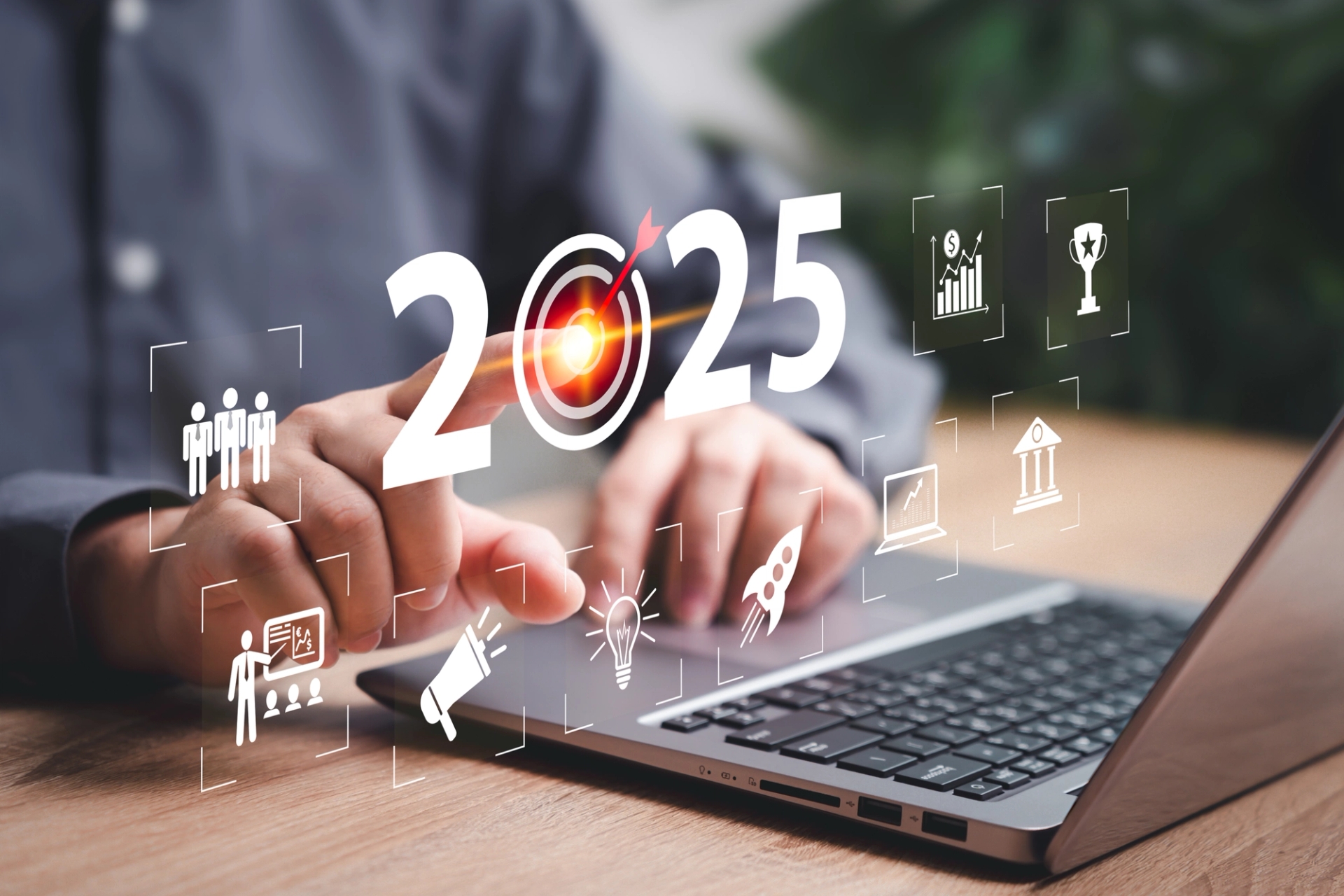Understanding your Target Audience and Mastering the Art of Event Marketing Magic
Successful event marketing today requires understanding your audience, crafting a compelling event brand, and using diverse strategies like social media, influencer marketing, and email campaigns. By doing so, you can create an event that not only attracts attendees but ensures they return year after year, making it a must-attend experience.
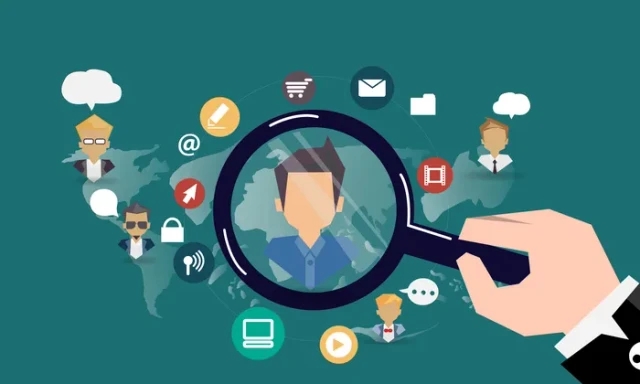
In the ever-evolving landscape of event planning, the ability to attract and retain attendees has become an art form in itself. Gone are the days when a simple flyer or email blast could fill seats. Today's event marketers must navigate a complex digital ecosystem, leveraging cutting-edge technologies and time-tested strategies to create buzz, drive registrations, and ensure attendees come back for more. This comprehensive guide will explore innovative event marketing strategies that will transform your event from a mere gathering into an unforgettable experience that attendees can't resist.
Know Your Audience
The foundation of any successful event marketing campaign lies in understanding your target audience. Before you can attract attendees, you need to know who they are, what they want, and where to find them. Start by creating detailed buyer personas that go beyond basic demographics. Dive deep into your potential attendees' pain points, aspirations, and preferences. What keeps them up at night? What are their career goals? What type of content do they consume? By answering these questions, you'll be able to tailor your marketing messages and choose the right channels to reach your ideal audience.
Event Branding
Once you've identified your target audience, it's time to craft a compelling event brand that resonates with them. Your event brand is more than just a logo or a catchy name; it's the personality and promise of your event. Develop a unique value proposition that clearly communicates why your event is unmissable. What sets it apart from the countless other events vying for your audience's attention? Perhaps it's the caliber of speakers, the networking opportunities, or the cutting-edge content. Whatever it is, make sure it's front and center in all your marketing materials.
Content
In today's digital age, content is king, and event marketing is no exception. Create a content marketing strategy that builds excitement and anticipation long before your event begins. Start with a dynamic event website that serves as a hub for all event-related information. Make sure it's visually appealing, mobile-responsive, and easy to navigate. Include engaging elements like speaker bios, session descriptions, and a frequently updated blog that provides valuable insights related to your event's theme.
But don't stop at your website. Expand your content marketing efforts across multiple platforms to reach your audience wherever they are. Develop a series of teaser videos highlighting key aspects of your event. Create infographics that visualize interesting data points related to your industry. Write guest posts for relevant blogs and publications to establish thought leadership and drive traffic to your event page. The key is to provide value in every piece of content you create, giving potential attendees a taste of what they can expect at your event.
Social Media
Social media is a powerful tool for event marketing, but it requires more than just posting updates about your event. To truly harness the power of social platforms, you need to create a community around your event. Start by choosing the platforms that are most relevant to your target audience. For a B2B conference, LinkedIn and Twitter might be your primary focus, while a consumer-focused event might lean heavily on Instagram and TikTok. Once you've selected your platforms, develop a content calendar that mixes promotional content with valuable industry insights, behind-the-scenes glimpses, and interactive elements. Use hashtags strategically to increase visibility and encourage attendees to join the conversation. Consider running social media contests or challenges that incentivize engagement and sharing. For example, you could ask followers to share their biggest industry challenge and offer free tickets to the most compelling responses.
Influencer Marketing
Influencer marketing can be a game-changer for event promotion. Identify key influencers in your industry – these could be thought leaders, popular bloggers, or even satisfied attendees from previous events. Reach out to them with personalized invitations to attend your event and share their experiences with their followers. Provide them with exclusive content or behind-the-scenes access to make their posts more compelling. Remember, authenticity is key in influencer marketing, so choose partners whose values align with your event's mission.
Email Marketing
Email marketing remains one of the most effective tools in an event marketer's arsenal, but it needs to be done right. Gone are the days of generic, one-size-fits-all email blasts. Instead, focus on creating highly personalized email campaigns that speak directly to each segment of your audience. Use marketing automation tools to trigger emails based on specific actions or milestones, such as early bird registration deadlines or speaker announcements.
Make your emails visually appealing and mobile-friendly, with clear calls-to-action that make it easy for recipients to register or learn more. Don't be afraid to get creative with your email content. Instead of just promoting your event, provide value by sharing industry insights, speaker interviews, or exclusive content that's only available to your email subscribers.
While digital marketing is crucial, don't overlook the power of face-to-face interactions. Organize pre-event meetups or roadshows in key cities to give potential attendees a taste of what your event has to offer. These smaller gatherings can be an excellent opportunity to network, gather feedback, and create buzz around your main event. Consider partnering with local industry groups or complementary businesses to expand your reach and add value to these mini-events.
Paid advertising can be a highly effective way to reach new audiences and drive registrations, especially as your event date approaches. Platforms like Google Ads, LinkedIn Ads, and Facebook Ads offer sophisticated targeting options that allow you to reach potential attendees based on factors like job title, industry, interests, and even past event attendance. Experiment with different ad formats, from search ads to retargeting campaigns that remind people who've visited your event website to complete their registration. For maximum impact, consider using dynamic ads that update in real-time based on factors like remaining ticket availability or early bird pricing deadlines. This creates a sense of urgency and can be particularly effective in driving last-minute registrations.
In an increasingly competitive event landscape, partnerships can be a powerful way to expand your reach and add value to your event. Look for complementary businesses or organizations that share your target audience but aren't direct competitors. For example, if you're organizing a marketing conference, you might partner with a CRM software company. These partnerships can take many forms, from co-branded content and cross-promotions to joint workshops or exclusive offers for attendees. Don't forget about the power of your existing network. Encourage your speakers, sponsors, and past attendees to become ambassadors for your event. Provide them with easy-to-share content, custom referral links, and incentives for bringing new attendees on board. Word-of-mouth recommendations from trusted sources can be incredibly persuasive in driving registrations.
As your event approaches, ramp up the excitement with a series of countdown initiatives. This could include daily speaker spotlights, sneak peeks of the venue or special experiences, or limited-time offers for last-minute registrations. Use urgency and scarcity tactics wisely to create a fear of missing out (FOMO) that motivates fence-sitters to take action.
While attracting new attendees is important, retaining past attendees can be even more valuable. These individuals have already experienced your event and can become your most passionate advocates if properly nurtured. Create a post-event engagement strategy that keeps attendees connected to your brand long after the event ends. This could include exclusive content, year-round networking opportunities, or early access to future event registrations. Consider creating a loyalty program that rewards repeat attendees with perks like VIP experiences, discounted tickets, or opportunities to shape future event content. Send out periodic surveys to gather feedback and show that you value their input. By making past attendees feel like valued members of your event community, you'll increase the likelihood of their return and encourage them to bring colleagues and friends.
In the age of data-driven marketing, it's crucial to measure the effectiveness of your event marketing efforts continually. Set clear KPIs for each stage of your marketing funnel, from awareness metrics like social media engagement and website traffic to conversion metrics like registration rates and revenue. Use tools like Google Analytics, social media insights, and your event management platform to track these metrics in real-time.
Don't be afraid to pivot your strategy based on what the data tells you. If certain marketing channels or messages are underperforming, reallocate your resources to what's working. A/B test different elements of your campaigns, from email subject lines to landing page designs, to optimize your conversion rates continually.
Deliver Value to Attendees
Finally, remember that the best marketing strategy is to create an event that truly delivers value to your attendees. Focus on curating high-quality content, facilitating meaningful networking opportunities, and creating memorable experiences. Encourage attendees to share their experiences on social media during the event, amplifying your reach and creating social proof for future marketing efforts.
Successful event marketing in today's landscape requires a multi-faceted approach that blends creativity, strategy, and technology. By understanding your audience, crafting compelling content, leveraging multiple channels, and continually optimizing your efforts, you can create a marketing campaign that not only attracts attendees but turns them into loyal fans who return year after year. Remember, the goal is not just to fill seats, but to create a community of engaged participants who see your event as an unmissable part of their professional or personal growth. So go forth, implement these strategies, and watch as your event transforms from a one-time gathering into a must-attend phenomenon that has people marking their calendars months in advance.
